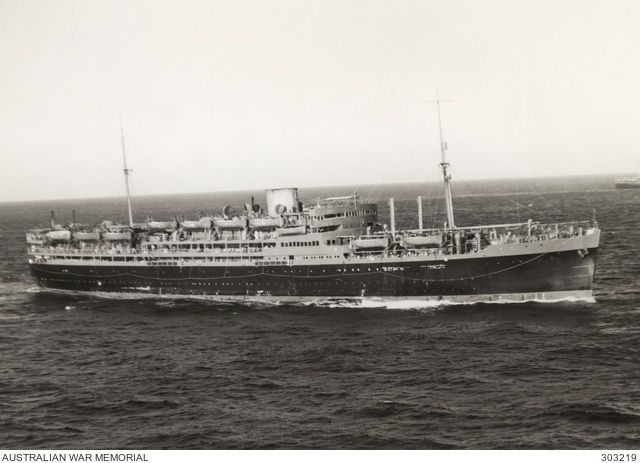«Io, cavaliere per un naufragio»
- Joanne Tapiolas
- May 27, 2025
- 3 min read
In 1990, 22 remaining survivors of the Arandora Star were bestowed the honour of Cavaliere al Merito della Repubblica Italiana by the Italian government in a service in London, England.
In 1991, Nicola Cua, a tailor's salesman and restaurant owner, recounted his experiences on the Arandora Star and of his internment.
I, a knight for a shipwreck
In July 1940 he [Nicola Cua] was saved from the sinking of an English civilian ship torpedoed by the Germans, and was then deported to Australia. Last year President Cossiga granted him the honour.
ALICE CASTELLO. “I was already in the water, desperately clinging to a raft, and from there I saw, without being able to do anything, the last moments of the shipwreck. On the ship there were still hundreds of people screaming, and on the highest deck a priest was giving his last blessings, while at his side the captain saluted militarily. They all disappeared in an instant."
The speaker is Nicola Cua, 75 years old, from Alice Castello, protagonist of one of the most tragic and darkest episodes of the Second World War: the sinking, by a German submarine, of an English ship loaded with foreign deportees; the vessel, the "Arandora Star", was hit by a torpedo on 2 July 1940, off the English coast. The episode remained unknown for years, until the families of the victims addressed the English public opinion with very serious accusations: so it happens that the media across the Channel are unleashed in a search for clues which brings the tragedy on the front page of newspapers.
“When Italy entered the war, on 10 June 1940 - recalls Cua - my father and I were in London for work, like many other emigrants from Vercelli: our entire community became the target of sweeping raids and hostility by the civilian population". And he continues: “The authorities' intention was to expel us from England: we were now enemies, so they gathered us at random and put us on board the "Arandora Star", a cruise ship bound for distant Canada”. Approximately 1,500 people are thus crammed onto the boat, many more than the normal capacity: most of them Italians, plus a few hundred German and Jewish refugees. After a few hours, at six in the morning, the “Arandora Star” was hit by a German torpedo and sank in just twenty minutes: “Almost none of us knew how to swim, explains Cua again - and the lifeboats were certainly not enough for everyone. Panic did the rest." About a thousand people died, and at least half were Italians: almost all cooks and waiters, who had been in England for years for work. The very serious fault of the English authorities was that of not having marked the boat, so as to make the Germans understand that it was carrying unarmed civilians and, as if that were not enough, the "Arandora" had been equipped with cannons on the bow and stern: in short, to the enemy it was nothing more than a warship.
The survivors, after many hours, were therefore fished out again by the English [Canadians] and this time embarked on another ship, the "Dunera", bound for Australia; the journey will last two months, during which the small group of survivors will suffer the constant harassment of the crew: a shameful page for the "very civilized" England. In the refugee camp near Melbourne Cua, his father and the other Italians remained for almost five years: then they returned to London.
Last year, on the occasion of the 50th anniversary of the tragedy, President Cossiga decided to knight the twelve [22] protagonists of the story still alive: "But from the English - argues Cua - we have never received anything". This year, meanwhile, Nicola Cua returned to Australia, this time as a tourist, to the never forgotten places of imprisonment.
La Stampa 04/07/1991 - numero 147 pagina 39 by Lorenzo Proverbio




Comments